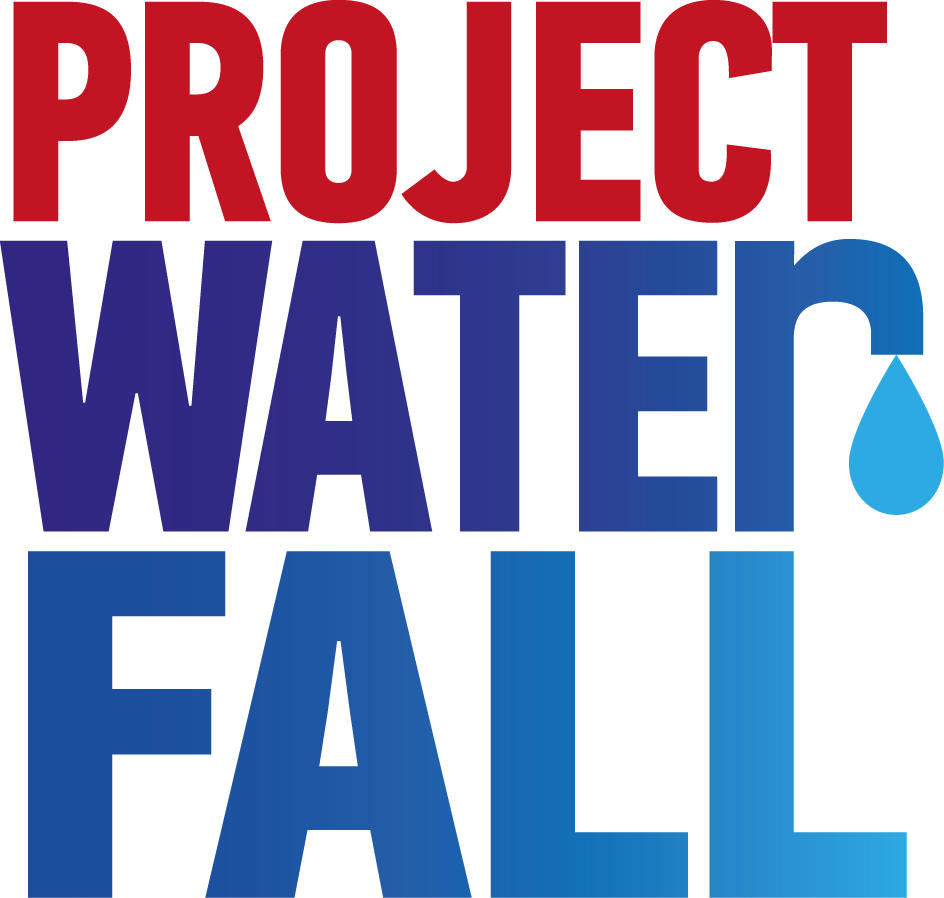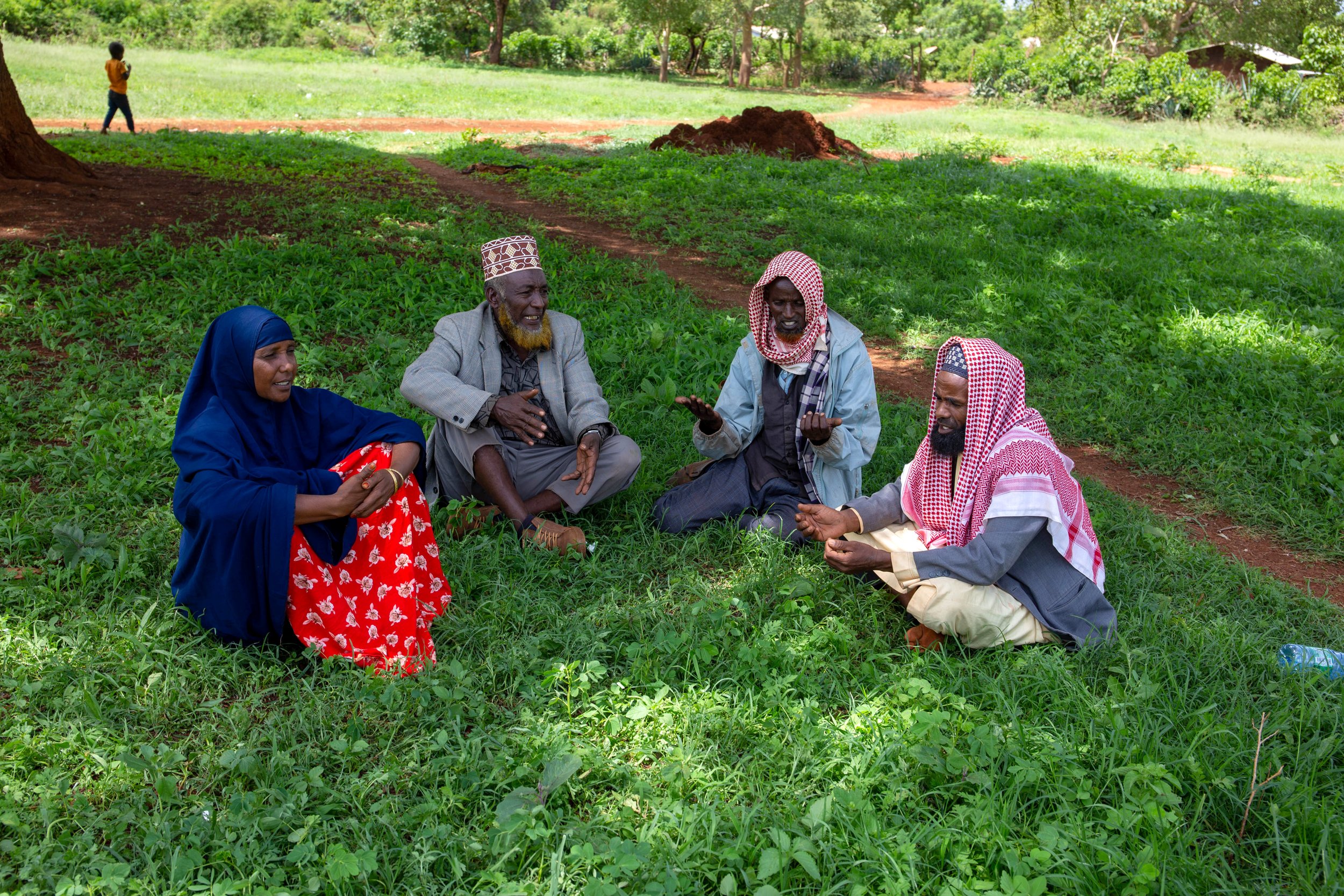771 million people across the world don’t have access to clean water. In coffee-growing communities where the water crisis is most felt, collecting water is a woman’s job.
Today, women around the world will spend a total of 200 million hours collecting water. Some women and young girls can spend up to 8 hours walking, and waiting in line, for water. Water which is often dirty and unusable. All of this affects both their health and education.
These issues can be clearly seen in the communities living in Berbere, Ethiopia. Women face serious inequality issues as often their responsibilities are constrained to household chores, which prevent them from pursuing an education and a career of their own.
25-year-old mother of 8 Amina, who lives in the village Malde in the Berbere district, told us how not having access to clean water affects her and her family’s life. Her experiences are felt by women throughout Berbere.
Education
Women and girls living in Ethiopia often do not receive the same education as men - half of the male population is literate while just 30-40% of female population are literate.
Although, the primary school enrollment rate for girls in Ethiopia has increased from 21% to 91% in the last three decades, the majority are unable to transition to secondary school and beyond due to distance, personal security and economic challenges.
Young girls often stay at home to help their mothers with household tasks, including collecting water. Some even get up early to collect water, and then arrive at school completely exhausted. Clean water closer to home totally changes this. It means young girls can spend more time in school, rested and ready to learn.
Amina told us:
My children are students and so they only come and help me with getting water when they don’t have school. Otherwise, I am responsible for all the work. Sometimes, when I get so tired, I can’t collect water, and as a result, the children miss their school.
The situation is further complicated by a lack of toilet facilities at schools in coffee-growing communities. When teenage girls have their periods, and their school doesn’t have toilets, they will often stay at home to avoid any embarrassment.
Up to a week of school is missed every month as a result. That’s a quarter of the school year. This can put young girls behind their male peers in academic performance and starts them off on the wrong foot when graduating.
Health
Collecting water has a massive impact on the health of women and girls. The journey to and from the nearest water source can take up to 8 hours a day and is often dangerous.
The jerrycans used to collect and carry the water back home, on average weigh 20 kilos. Daily carrying of this massive weight for hours at a time can lead to spinal and pelvic deformities, miscarriages and chronic fatigue.
Amina told us:
Because we don’t have access to clean water near our houses, our children are sick most of the time. Collecting water for us is laborious and time-taking. If we had clean water near our house, we would be able to focus on our farm and live a better life, as we would produce a good amount. Our children would be healthy and focus on their education.
Once collected, this water is often unsafe to use, meaning women cannot access the clean water they desperately need when using hospitals and health centres. Not only do they continue to collect and carry water while pregnant, but childbirth is also incredibly dangerous without access to clean water and sanitation.
How will our project with WaterAid help improve the gender and equality issues in the Berbere district?
Educate and empower women to better understand their rights to clean water and sanitation.
Support community discussions around gender and social norms and establish accountability mechanisms.
Create opportunities for poor and vulnerable women to take up management, leadership, and entrepreneurial roles within the WASH sector.
Women who are given trust in leadership roles become more confident and happier and lead a more rewarding life. When a community gets clean water, women and girls get their lives back and have more time to spend on growing food, caring for their families, working and gaining financial independence, or going to school. Clean water equals time, which equals empowerment.
Once completed, this 3-year project will ensure that women like Amina living throughout the communities in Berbere, have a permanent and accessible source of clean water.





